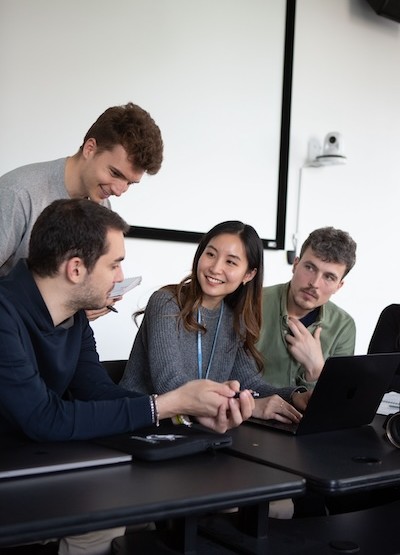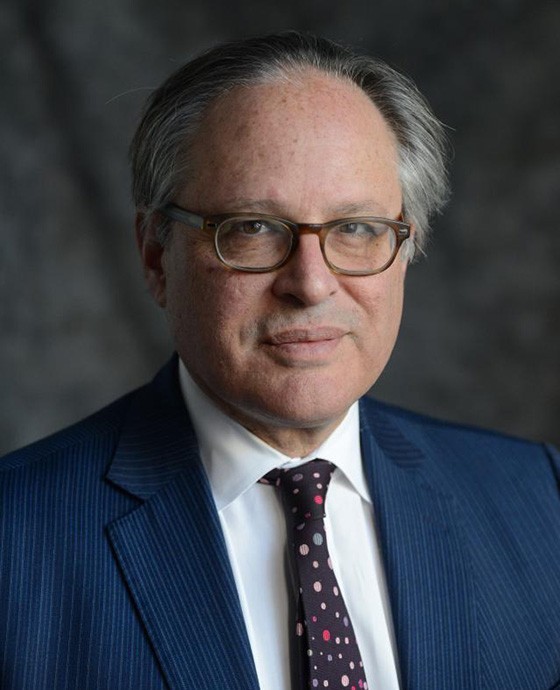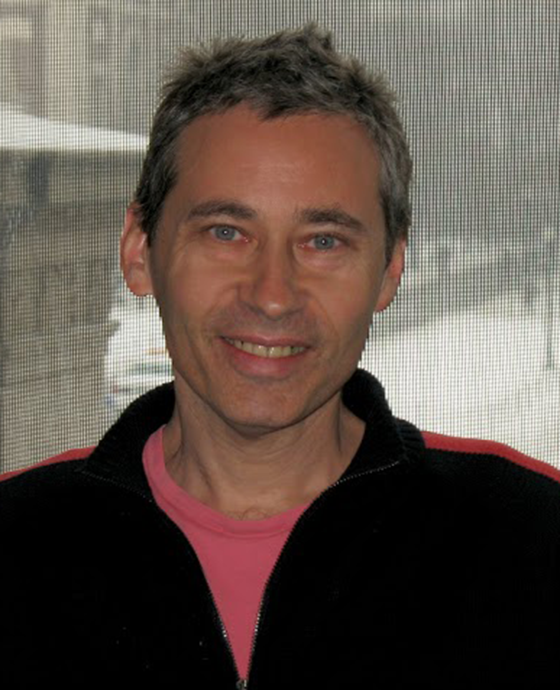M.A. Politics Concentration
Explore power and government the world over.
Whether one intends to cover local government or international conflict, every journalist needs a framework for understanding how politics works.
The M.A. Politics concentration aims to teach students how to think more deeply about social and politics affairs. The program is designed to add to students’ toolbox of skills by showing them the way in which social scientists approach a range of social, political and economic problems. Unlike a program in international affairs or political science, the program is geared specifically to journalists and all writing is journalistic. The in-depth immersion in the latest scholarship on politics produces better political journalists — ones who are comfortable drawing on expert research to produce stores of greater depth and nuance.
What You'll Study
In the fall, students in the M.A. Politics seminar will learn about the formation of the nation state — why it won out over sprawling, multi-ethnic empires or city states. We use this rich scholarship to help us understand why there is not a coherent central state in Afghanistan or Somalia.

Students will learn about the origins of nationalism: why are people willing to die — and kill — for something (the nation) that made little sense to people of earlier centuries? They use that understanding to decode emerging situations of ethnic conflict, resurgent nationalism and populism.
The seminar also examines the dynamics of collective behavior — what happens when people get together to effect change, and under what circumstances do political and social movements succeed or fail? Scholars from relevant fields and journalists covering these issues will visit the class on a regular basis.
The spring semester focuses on political institutions. Just about everywhere in the world, there are political parties, interest groups, legislatures, executives, judiciaries, regulatory agencies and so on.
The seminar looks at how these developed and the varied forms they take, using the United States as the primary, but not exclusive, example. Readings are a mix of political theory, empirical political science and journalism. Assignments aim to teach students to understand the political personalities and events that journalists cover in an institutional context.
M.A. Politics Faculty

Joseph Pulitzer II and Edith Pulitzer Moore Professor of Journalism

Sao Paolo Professor of International Journalism